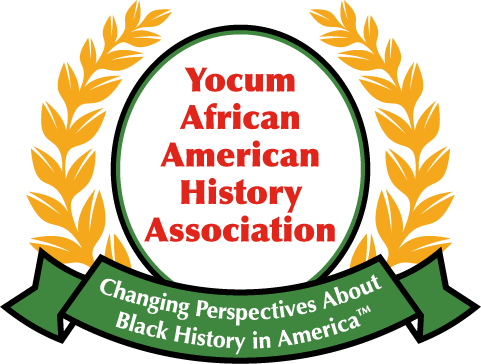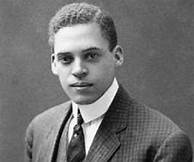Dr. Ernest E. Just was born in 1883, after the Reconstruction era in Charleston, South Carolina. It was a time when blacks joined the Republican Party, began to vote, and served the political leadership ranks at the local, state, and national levels. However, it was a stressful time in Charleston because of the political chicanery from the remaining planter class that disenfranchised blacks.
In addition, it was a time of stress for the Just family too. Ernest’s father, Charles, was a heavy drinker and died of alcoholism at the age of 32 in 1887. Ernest was just four years old. His mother, Mary, was left with raising her young family in a city with poor sanitation and diseases such as cholera, typhoid fever, and tuberculosis that took the lives of two of her other children, Norman from cholera and Vivian from diphtheria. Ernest was in constant contact with death and illness throughout his early years that compromised his health. Before Ernest’s father died, Mary had Hunter and Inez.
Mary had to move her children to James Island so she could work in the phosphate mines. She became a leader in the community and spent time teaching the island children while raising her children. Shortly after moving, Ernest became dreadfully ill with typhoid. He lost his memory and Mary devoted her efforts to teach him again. By 1896, she taught him all she could, and he went to the Colored Normal, Industrial, Agricultural College. Nevertheless, he was to be trained as a teacher but had little interest in the profession. He completed the course in three years at the age of fifteen.
He was accepted at Kimball Academy in New Hampshire as the only black student. In 1903, He would matriculate at Dartmouth. The classics were his first love, and he registered for courses in English, algebra, Latin, French, and Greek Literature. However, it was not long before he was introduced to a new field of interest – science. Science would replace his love of the classics.
The world of plants and animals held mysteries he wished to explore, so that biology would be his major at Dartmouth. He graduated magna cum laude as a biology major with a minor in history in 1907.
In 1910, he joined the Department of Biology at Howard University and was appointed professor in 1912. He earned his doctorate in zoology in 1917. For the next several decades, he became a research biologist specializing in cytology (the study of cells). He hoped to understand and find cures for cellular irregularities and diseases like sickle cell anemia and cancer.
He was invited to work at the prestigious Kaiser Wilhelm Institute for Biology in Germany. However, Dr. Just’s successful work at the institute would eventually end because of Berlin’s profound political changes. The Nazi rise to power and his short arrest by the Nazis would find his research continued in France.
Dr. Just was first married to Ethel Highwater in 1912-1939 (they had three children, Highwarden, Maribel, & Margaret), and then to Hedwig Schnetzler in 1939 until he died in 1941.
Just had a compelling life but was a complex and unhappy man. He died of pancreatic cancer.

